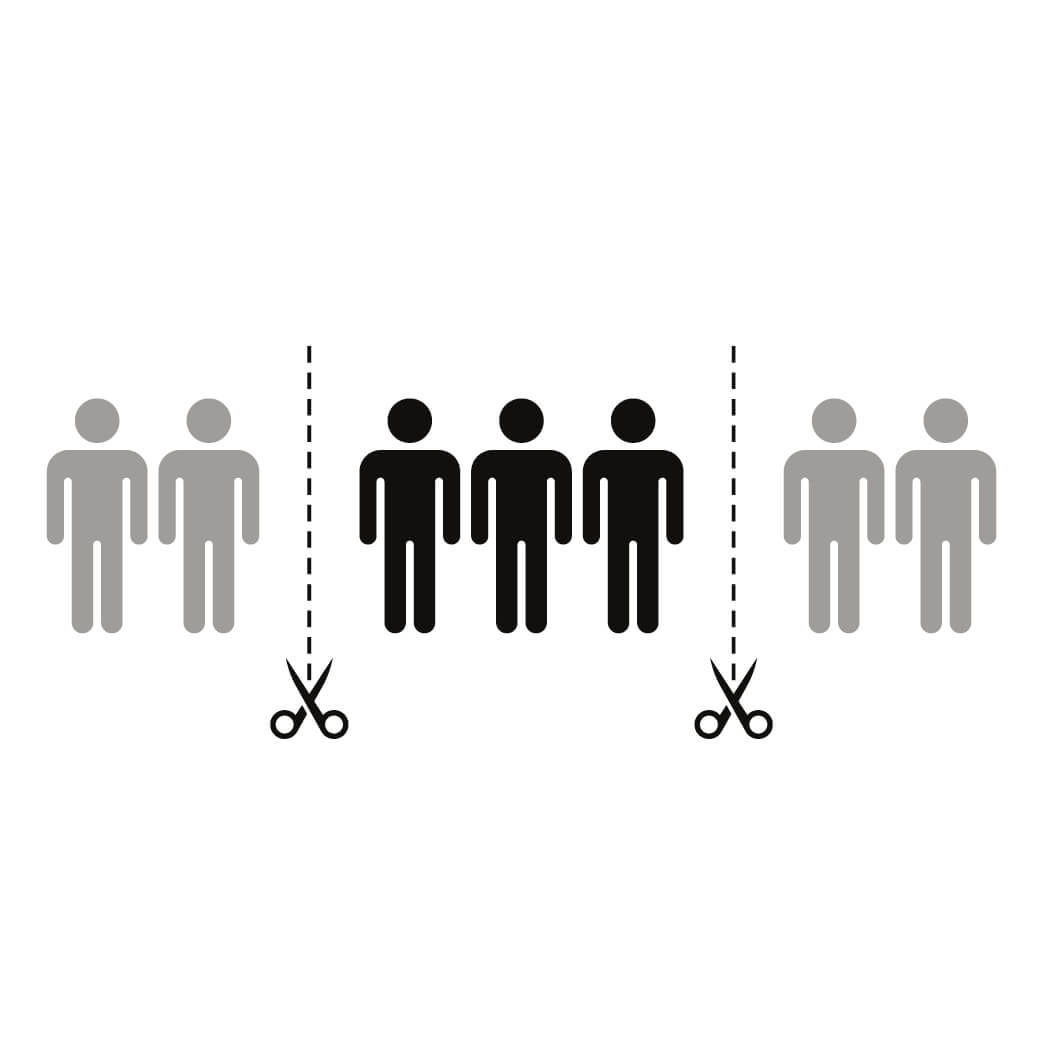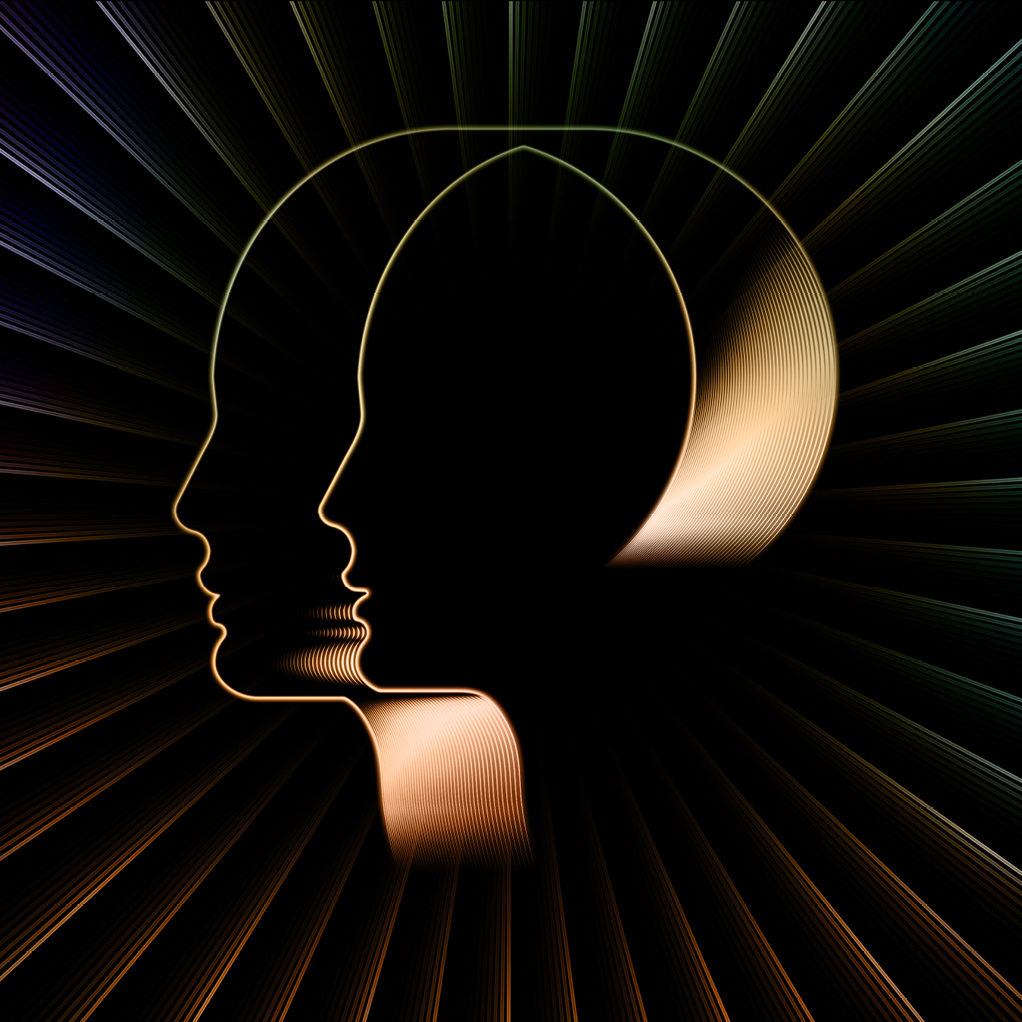
Who do you have to be, to be with me? It’s a simple yet profound question at the heart of every human interaction. Too often, and usually unwittingly, we offer those we interact with an identity for themselves that inflicts discomfort and creates opposition; by talking down, by disrespecting, by triggering stigma and defense to it. When this happens, people take the easier path — away — and your message is ignored.
The Relational Intersect collection of essays is an ongoing conversation with the end goal of building thriving, loving and equitable communities.
A Relational Intersect is that point where people interact. Where my image of myself and you runs into your image of yourself and me. More often than not, we see ourselves and others differently than they do. It is a place fraught with opportunities for miscommunication.
“You” might be a government agency, a political party, a community initiative, a company, a product or… you. “Me” is any of us — or, to be more precise, our identity. And the complex swirl of emotions and unconscious actions and reactions that chart the course of how this relationship gets underway and the path it thus heads down, is The Relational Intersect.
– Simon Dixon

These pages contain an ongoing conversation with the end goal of building thriving, loving and equitable communities. So many great programs and initiatives already exist with the goal of bringing such communities about. We aren’t looking to be another.
But something has thus far been missing: The platform of understanding and relationships that such initiatives are built upon.
The Relational Intersect seeks to be that platform.
A Relational Intersect is that point where people come together. Where my image of myself and you runs into your image of yourself and me. It is a place fraught with opportunities for miscommunication.
“You” might be a government agency, a political party, a community initiative, a company, a product or… you. “Me” is any of us – or, to be more precise, our identity. And the complex swirl of emotions and unconscious actions and reactions that chart the course of how this relationship gets underway, is The Relational Intersect.
– Simon Dixon
People who need help the most can often be the most challenging people to give help to. Why do messages of assistance often get ignored? How should those that are in power build healthy relationships with those that aren’t?
On this site, in these writings we will explore the strictures of identity all of us carry and how, when understood, they can positively inform our relationships; on a personal level and on a community level.
How, across the divides of money, power, race and culture, do we build thriving, loving and equitable communities?

When humans face true cataclysm, we pull together. When it’s about money and power, not so much.

When people see public health messages directed at them, they are very aware that others can see them also and it can trigger concern of how other people in the community now think about them.

People don’t change by rejecting their identity – they change by finding new ways to stay true to it.
Get the latest posts and updates delivered to your inbox.
Simon Dixon has spent his career studying the ways that perceptions and communications develop between individuals and groups and has used these insights to develop effective communications strategies that deliver measurable results.
Simon's previous speaking engagements include:


















